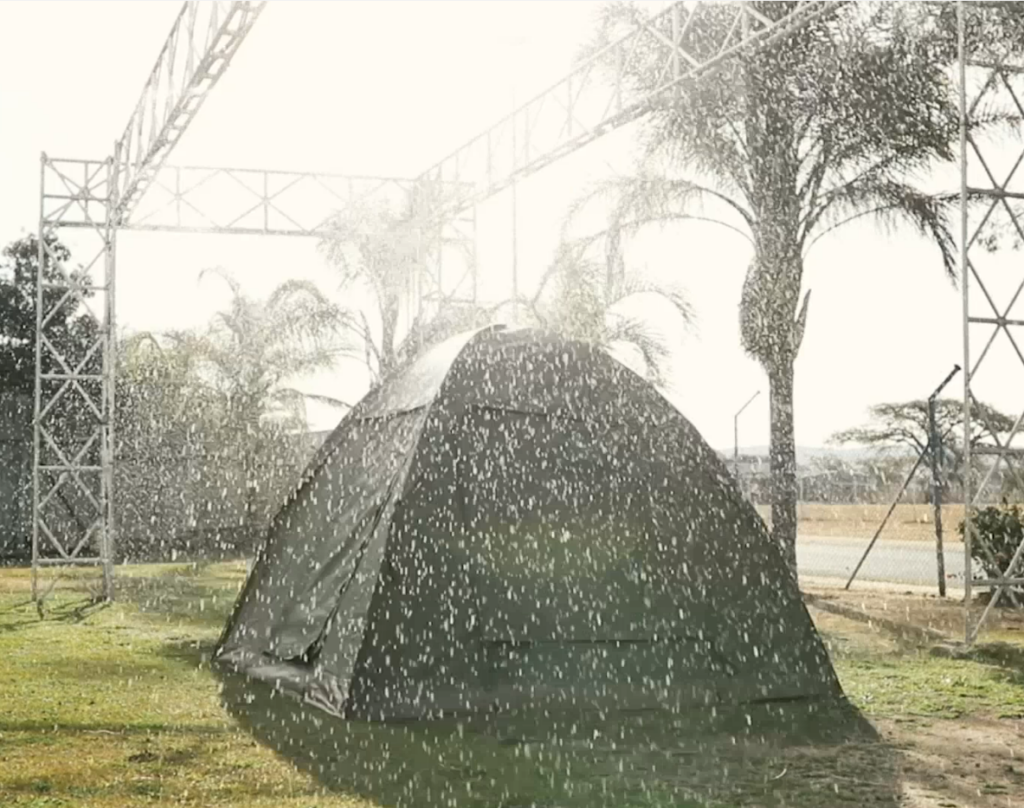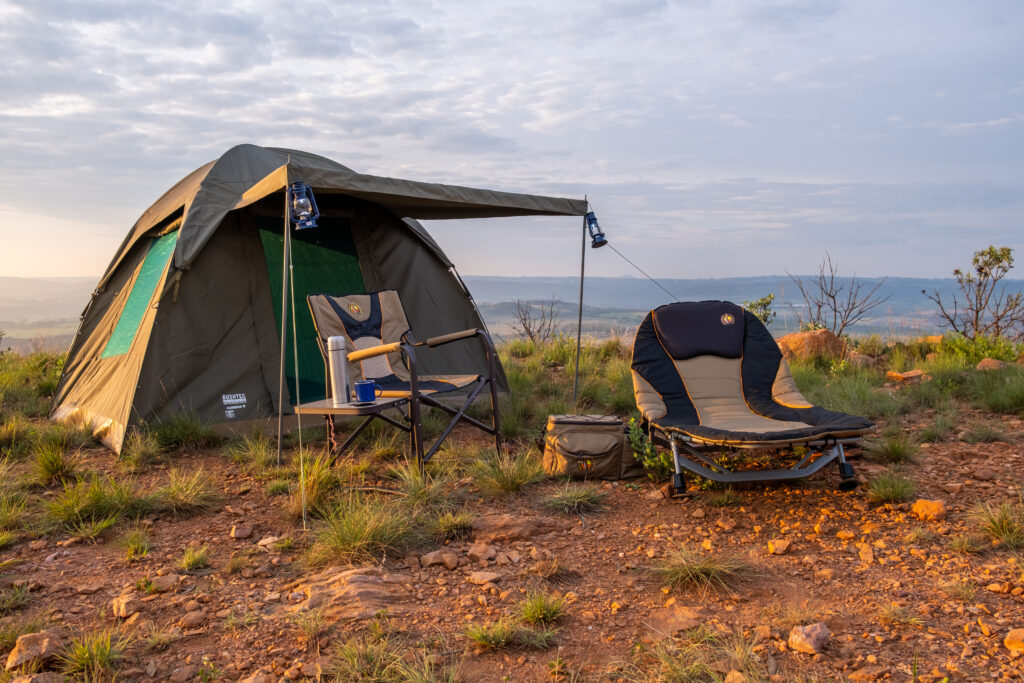MEERKAT Premium Outdoor Camping Gear
When it comes to outdoor adventures, having the right gear can make all the difference. Among the essential items for a successful camping trip, a reliable tent tops the list. But not just any tent will do—especially when you’re facing unpredictable weather conditions. That’s where a waterproof canvas tent comes into play. Waterproof canvas tents are renowned for their durability, comfort, and superior weather resistance. Unlike synthetic tents, they offer a perfect blend of breathability and waterproofing, making them an ideal choice for both seasoned campers and outdoor enthusiasts. Whether you’re planning a family camping trip, a solo expedition, or a festival weekend, a waterproof canvas tent ensures you stay dry, comfortable, and protected from the elements.
In this ultimate guide, we will delve into everything you need to know about waterproof canvas tents. From understanding their unique benefits to identifying key features to look for, maintaining your tent, and exploring top product recommendations—we’ve got you covered. By the end of this guide, you’ll be well-equipped to make an informed decision and invest in a tent that meets all your outdoor needs.

A waterproof canvas tent is designed to keep you dry and comfortable during outdoor adventures, regardless of weather conditions. Unlike standard tents, which are typically water-resistant, waterproof canvas tents are made from durable materials treated to withstand heavy rain without leaking. This makes them an ideal choice for campers who want reliable protection.
Canvas, traditionally made from cotton, is known for its durability and longevity. For waterproof canvas tents, the fabric is treated with a waterproof coating that repels water, ensuring the interior remains dry even in downpours. Understanding the distinction between waterproof and water-resistant tents is crucial. Water-resistant tents, often made from synthetic materials like nylon or polyester, can handle light rain but may fail in prolonged or heavy rain. In contrast, waterproof canvas tents are engineered to provide complete protection from water ingress, making them superior for serious campers.
The primary material in these tents is canvas, with variations in quality and type affecting performance. Traditional cotton canvas is breathable, reducing condensation inside the tent. When treated, it becomes highly effective at repelling water while maintaining airflow. Some modern tents use polyester-cotton blends, which enhance fabric strength, reduce weight, and improve portability. Waterproof treatments, such as silicone, paraffin wax, or acrylic coatings, create a barrier against water while allowing moisture to escape.
Understanding the materials and construction of waterproof canvas tents helps you appreciate their benefits and make an informed decision when selecting a tent for your adventures.
Durability: Unlike synthetic tents, canvas tents are built to last, withstanding harsh conditions and rough handling without tearing or wearing out quickly. Their thick fabric resists punctures and abrasions better than thinner materials, ensuring longevity even with regular use. Heavy-duty construction also protects against outdoor hazards like branches and rocks, making them reliable for frequent camping.
Weather Resistance: Canvas tents excel in weather resistance, providing protection in various conditions. The waterproof treatments applied to canvas keep the interior dry during heavy rain, with water beading off the surface. These tents also remain stable in windy conditions due to their weight, strong poles, and secure anchoring. Additionally, canvas offers excellent insulation, keeping the tent warmer in cold weather and cooler in hot weather by regulating temperature and reducing condensation.
Comfort: If superior comfort is what you are looking for, canvas tents are the solution for you! The breathable material allows air circulation, reducing condensation and keeping the interior environment comfortable. Their design often features vertical walls and higher ceilings, providing more usable space for moving around and storing gear.
Additional Benefits: Embrace timeless aesthetic that blends well with natural surroundings. Made from cotton, a natural material, they are also more eco-friendly than synthetic tents derived from petroleum products.
When selecting a waterproof canvas tent, construction quality is crucial for durability and protection against the elements.
Key factors include:
Stitching and Seam Sealing: Opt for tents with double or triple-stitched seams for added strength. Seam sealing is essential to prevent leaks; high-quality tents often feature taped or welded seams for enhanced waterproofing.
Frame and Pole Materials: The tent’s frame and poles play a significant role in stability. Aluminum poles are lightweight and rust-resistant, while steel poles, though heavier, offer superior strength, especially in windy conditions.
Size and Layout: Choose a tent size that suits your group and provides enough space for gear. Consider interior layouts with multiple rooms, partitions, and storage pockets for better organization. Higher ceilings can improve comfort and ease of movement.
Additional Features:
Considerations:
By focusing on these aspects, you can choose a waterproof canvas tent that meets your needs and offers long-lasting performance.
Visit https://meerkatoutdoor.com/shop/tents/ for more information on out variety of canvas tents.
